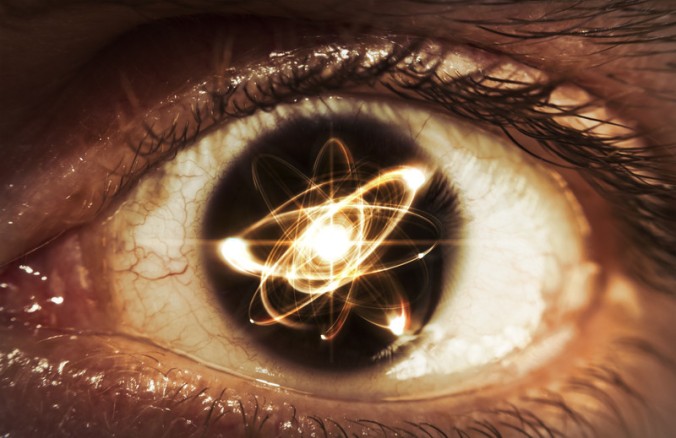Two days after the Orlando shooting, the initial shock and horror has turned into residual anger and sadness. A determined resilience begins to take over that is the best of the American spirit, but the inevitable finger pointing and pontificating are in full swing, even as the tears for Orlando are still flowing.
It is hard to resist the urge to say something. Some should try harder. I hope I am not in that category, but a tragedy the size of the Orlando shooting cries for response. The various headlines I read two days later were the trigger for me.
The first headline was “ACLU Blames Conservative Christians for Orlando Terror Attack”. To be fair, the headline was wrong; the statements were made by two ACLU attorneys who were not necessarily speaking for the ACLU. These attorneys have accused “Christian conservatives” for cultivating a social and political environment that led to the Orlando shooting. They call for solidarity between Muslims and the LGBT community.
Whether one ascribes to the views of “Christian conservatives” (whatever that broad category may really include), the environment in which they operate is the same social and political environment in which the ACLU operates and the ACLU seeks to protect – the one that is the bedrock of the freedoms we have in this country – the foundation of freedom of speech, freedom of association and the freedom to practice (and talk about) the faith of one’s choice.
The same freedoms protect Muslims, gays and queers who advocate for their causes and express their beliefs.




You must be logged in to post a comment.